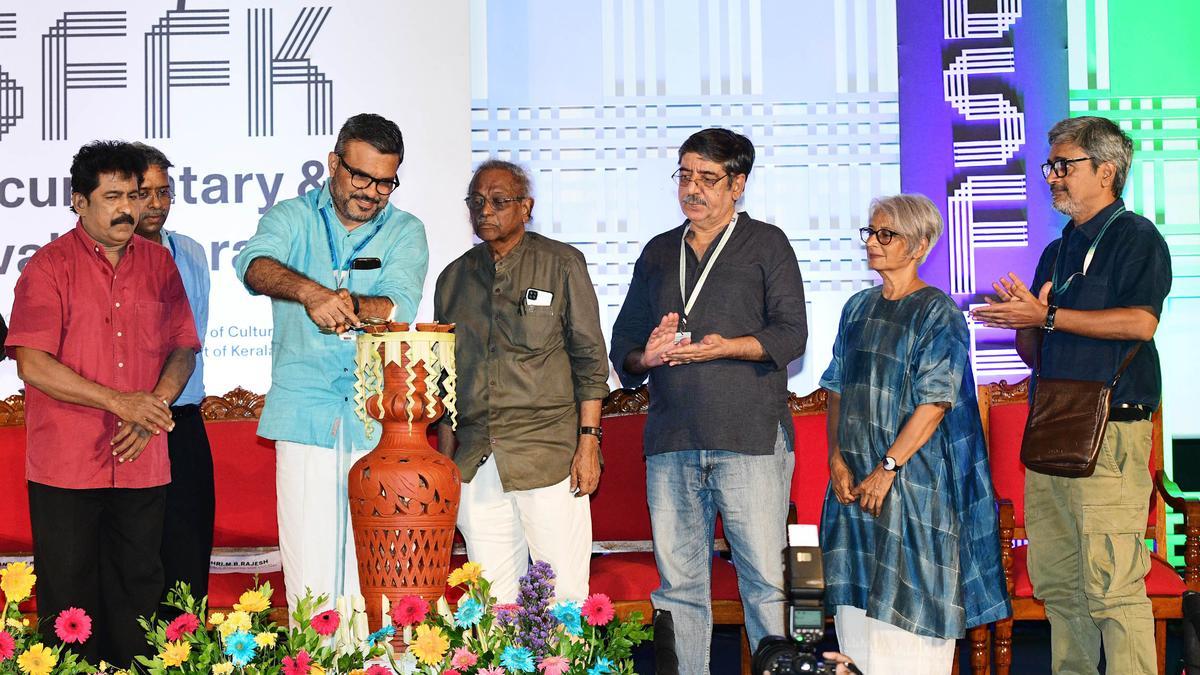
Set against the backdrop of the scenic Himalayan region, the upcoming electoral process in Ladakh is a milestone in the region’s political journey. The Election Commission has recently made a significant announcement that will set the stage for the first independent Lok Sabha election in the breathtaking region of Ladakh. Scheduled for a single day of polling on May 20, this election during the fifth phase will mark the maiden voyage of Ladakh as a separate constituency, no longer tethered to the political tide of Jammu and Kashmir.
Before this watershed moment in Ladakh’s electoral history, Ladakh’s political fate was interwoven with that of Jammu and Kashmir. The political climate, however, has evolved. In the previous 2019 Lok Sabha elections, Jamyang Tsering Namgyal emerged as the face of victory in the region. Representing the Bharatiya Janata Party (BJP), Namgyal secured 33.94% of the total votes cast, resonating with a sizable number of Ladakhi voters. Despite the constituency not being independent at the time, the competition was fierce. Sajjad Hussain, an independent contender, ran a valiant race but eventually fell short, nabbing 25.30% of the total votes.
Casting our gaze slightly further back, the 2014 Lok Sabha elections were also a triumph for the BJP in Ladakh, with Thupstan Chhewang claiming the seat for the party. This pattern of BJP leadership demonstrates the party’s historical political resonance with Ladakhi voters.
The electoral participation in Ladakh has been substantively enthusiastic, with the region witnessing a 76.4% voter turnout in the last parliamentary elections. This robust engagement exemplifies the vested interest of the Ladakhi people in shaping their political destiny and speaks volumes about the vibrancy of democracy at the roof of the world.
Adding to the political tapestry of this unique constituency is its impressive literacy rate, as reported by the 2011 census. Standing at 90.29%, the literacy statistic of Ladakh is not merely a number but a reflection of an informed and engaged electorate. More so, the gender disaggregation of literacy rates reveals a relatively progressive picture with 94.89% male literacy juxtaposed to 78.85% female literacy, an encouraging sign for women’s participation in the political discourse and decision-making process.
As Ladakh steadies itself for the upcoming 2024 Lok Sabha election, the significance of this administrative demarcation cannot be understated. This will be the first time that the voters of Ladakh will be casting their votes solely for their representative, independent of external regional influences. The implications of such a shift are profound. Not only does it give Ladakh a distinct voice in the Lok Sabha, but it also advocates the empowerment of local governance and a step forward in recognizing the unique geostrategic, cultural, and socio-economic identity of the region.
Political analysts and local pundits are paying close attention to this electoral debut as it may chart a new trajectory for Ladakh’s development and central representation. If the past is any indicator, the BJP might once again emerge as a dominant force, yet the presence of independent candidates like Sajjad Hussain points to a diverse political fabric.
The journey to the polls on May 20 is not just about electing a member to the lower house of Parliament. It is about Ladakh carving its identity, asserting its political voice, and partaking in the democratic process as an independent entity. As the electorate prepares to cast their votes, all eyes remain fixed on Ladakh, anticipating the choices of its people and the future that they will elect.










